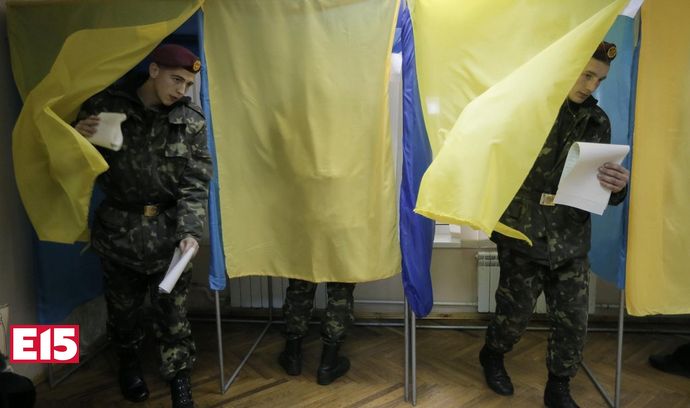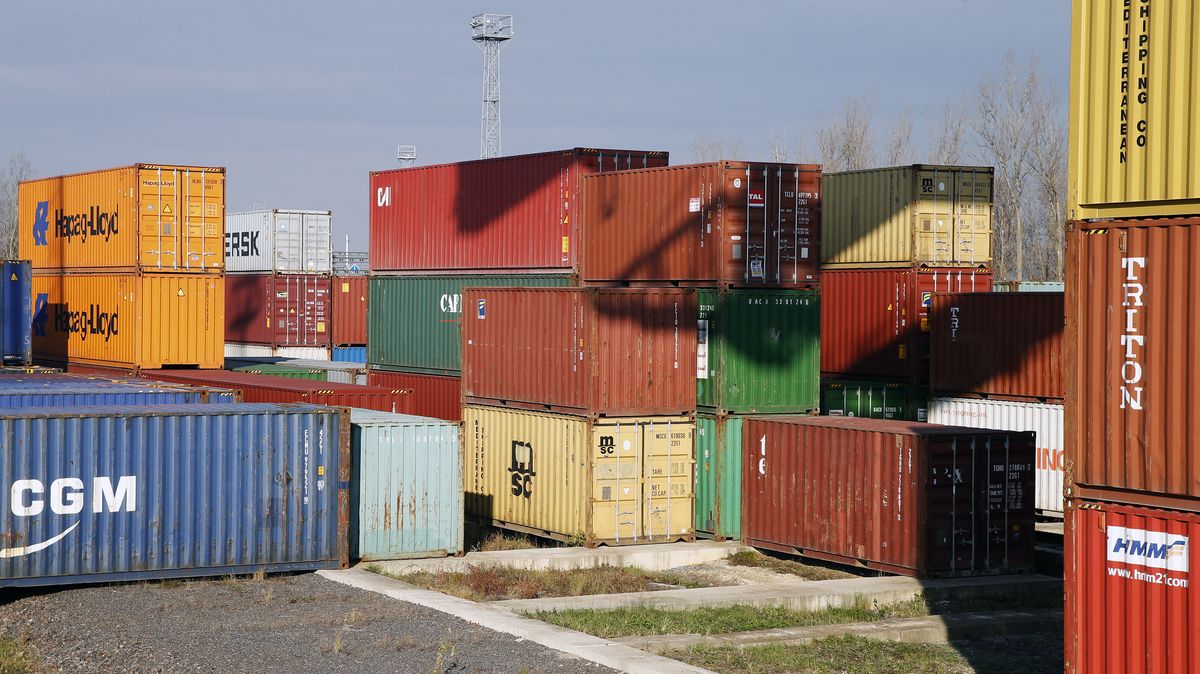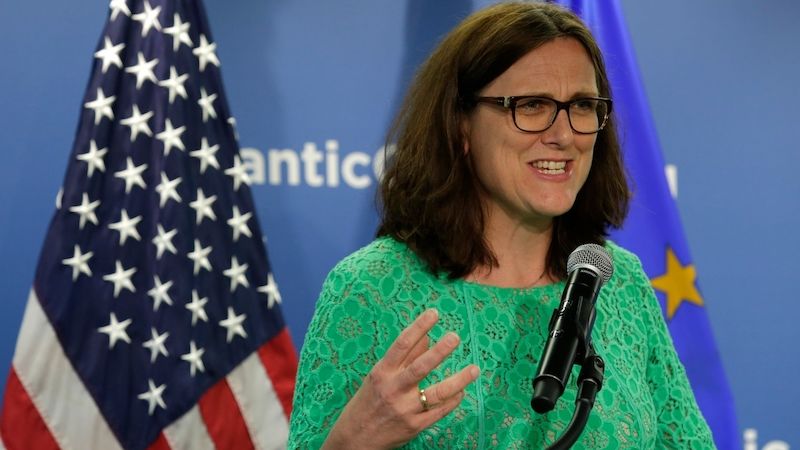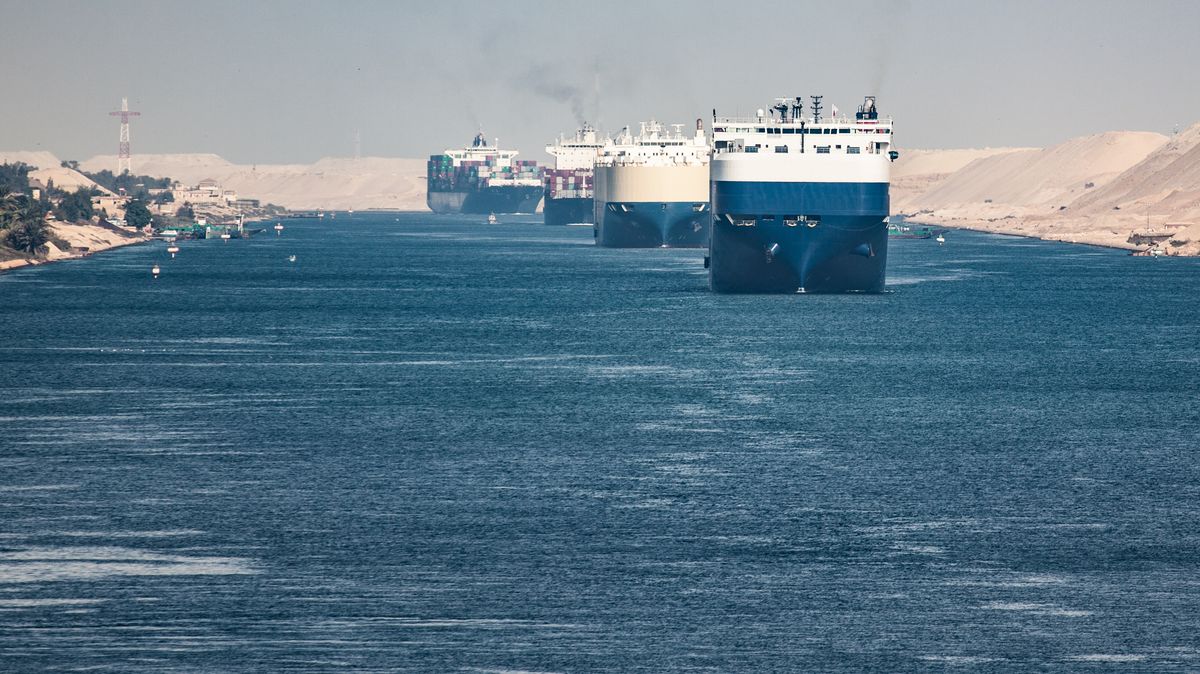President Miloš Zeman argued that Ukraine should not join the North Atlantic Alliance. “The country must be neutral and the so-called Finnishization must take place,” Zeman said during a visit to Kazakhstan. Finance Minister Andrej Babiš and Foreign Minister Lubomír Zaorálek objected to this – in their opinion, the Czech should not be telling Ukraine what future it should choose.
The president answered a question whether he agreed with the opinion of German Foreign Minister Frank-Walter Steinmeier, who rejected Kyiv’s membership in NATO. “I totally agree with this opinion,” Zeman said.
In a weekend interview with German magazine Der Spiegel, Steinmeier spoke out against Ukraine’s membership in the alliance. “I accept the partnership relations between Ukraine and NATO, but not its membership in the alliance,” said the German politician. According to him, the economic and political modernization of Ukraine is a “project for several generations”. In this context, it doesn’t even make sense to speculate on Ukraine’s membership in the European Union, said Steinmeier.
According to the current constitution, Ukraine is a neutral country and its membership in military pacts is unacceptable. The new pro-European coalition, which emerged from recent parliamentary elections, but in an upcoming program statement, lists membership in the North Atlantic Alliance as one of its goals. President Petro Poroshenko stated on Sunday that the country’s ties with NATO would not be broken by anyone other than the Ukrainian people in a referendum.
“I would like to complement (Steinmeier) with the words of SPD chairman Tuan (Sigmar) Gabriel, which he spoke in Serbia, in which he said that Germany should reassess its relationship with Russia in a positive sense,” Zeman said. “I am pleased that there is a gradual turnaround. Even though I am one of those who accept it, I don’t want to say an insult, but a rather stupid form of aggression for this turn, I see this tendency getting stronger,” the President added. “Regarding Ukraine, I maintain unchanged that it should be neutral and so-called Finnish,” he said.
Zaorálek: It’s none of our business
However, according to Zaorálek, this recommendation is inappropriate. “We should have no inclination to tell the countries around us what future they should choose,” Zaorálek said in response to Zeman’s words. “I don’t think we should give any recommendations, for example to Ukraine, where to go. This is the path they have to decide for themselves. This is the problem of the Ukrainian people,” stressed the head of Czech diplomacy.
| Finnishization Disputes |
|---|
| The term Finlandization entered the political vocabulary after the Second World War as a designation for Finland’s complicated postwar development of relations with the Soviet Union. To maintain its sovereignty, Finland then directed its foreign policy by taking into account the opinions of the neighboring communist powers. Since then, Finland has been understood as voluntary recognition of a powerful neighbor’s sphere of influence.
A presidential spokesperson offered a different interpretation of the term. According to Jiří Ovčáček, finlandization is a sign of neutral status. “Finlandization is not defined as subordinating the foreign policies of other countries, but as neutral status, i.e. an imaginary bridge,” the spokesperson said. According to Hynk Kmoníček, director of the foreign department of Prague Castle, finlandization was understood as “the independent and voluntary limitation of certain ambitions in order to protect one’s higher national interests”. |
Lithuanian colleague Linas Linkevičius also agreed with this, according to which Kyiv should not be told what to do. In this context, Linkevičius hopes that the time when some countries tell other countries what to do is over. “We shouldn’t tell them what to do,” judged the Lithuanian foreign minister, who on Monday signed an agreement with Kyiv on military assistance to the Ukrainian army, which includes the supply of weapons and training of soldiers. Today, Linkevičius in Prague declined to provide details on military cooperation between the two post-Soviet republics, which have strained relations with Russia.
Ukraine was one of the main topics of today’s meeting between Zaorálek and Linkevičius. The Czech minister stressed the need to respect the territorial integrity of not only Ukraine, but all countries in Europe, and refused to question the country’s territorial integrity. “This is not only about Ukraine and what is happening in this country and in Europe, but also about us, about our attitude and reaction to what is happening there, which is completely unacceptable. We must do everything in our power to influence developments situation,” added Linkevičius.
Like Zaorálek, Deputy Prime Minister and Minister of Finance Andrej Babiš (ANO) today rejected Zeman’s opinion on the future of Ukraine. “I certainly do not agree that Ukraine’s foreign policy should be managed from anywhere other than Kyiv. I think it is an independent country to decide for itself, and not dictated by someone from outside,” Babiš told Impuls Radio.

“Tv nerd. Passionate food specialist. Travel practitioner. Web guru. Hardcore zombieaholic. Unapologetic music fanatic.”







